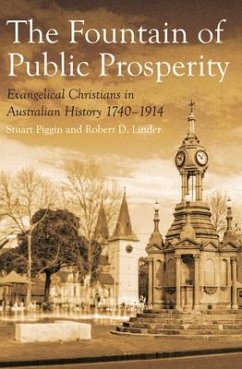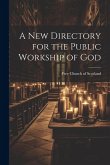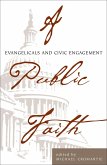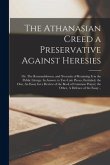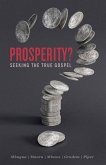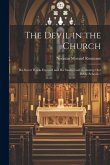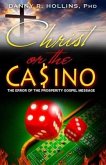The official religion brought to Australia with the First Fleet was Evangelical Christianity, the 'vital religion' then shaping public policy through William Wilberforce and his fellow evangelicals. That it has shaped Australian history ever since, making a substantial contribution to the public prosperity of the nation, is an untold story. Christian values and identity were the main components of Australian values and identity. Evangelical 'moralising' may be understood as a concern to address the 'hard' cultures associated with convicts, the liquor industry, and male misogyny. The movement provided opportunities for women to work in reform, charitable, evangelistic, and missionary organisations, thus laying strong foundations for feminism. In their concern for 'Christlike citizenship', evangelicals cared for the nation's children in Sunday schools and its youth in societies for young people such as the YMCA, YWCA, and Christian Endeavour. The major component of the humanitarian movement, evangelicals ensured that the convict settlement of Australia was more humane than is generally recognised. They did most of the all-too-little that was done to protect the Indigenous population and to educate settlers, keeping alive in the latter a conscience over maltreatment of the former. The Fountain of Public Prosperity presents propositions which require a radical revision of received understandings, an appreciation of unmined riches in the Australian experience, and reconnection with an often buried past. Drawing on these untapped resources is the safest route to reimagining a future for Australia.
Hinweis: Dieser Artikel kann nur an eine deutsche Lieferadresse ausgeliefert werden.
Hinweis: Dieser Artikel kann nur an eine deutsche Lieferadresse ausgeliefert werden.

